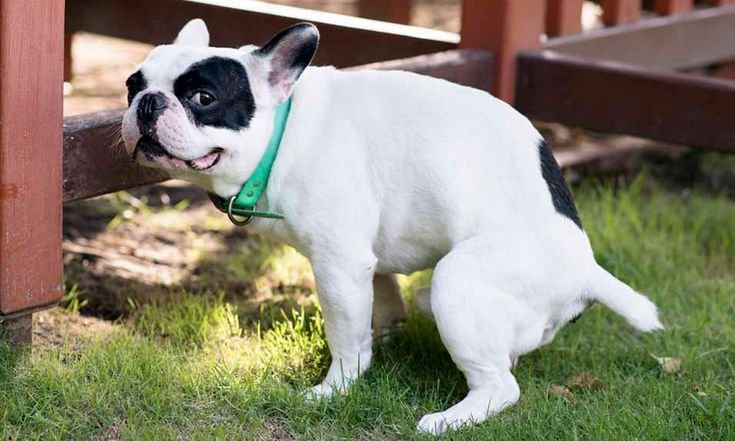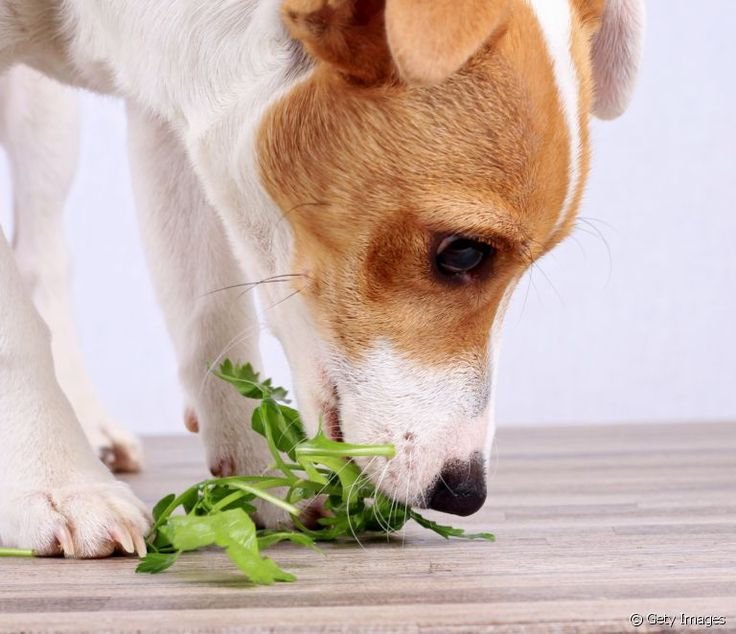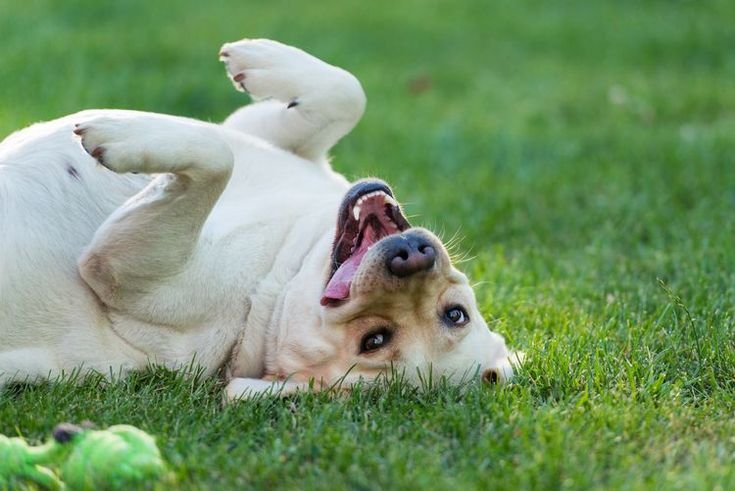Understanding and Treating Dog Constipation: A Comprehensive Guide

Dog constipation can be a distressing issue for both pets and their owners. Just like in humans, a dog’s digestive health is crucial for their overall well-being.
Understanding the causes, symptoms, and treatments of dog constipation is essential for maintaining your furry friend’s health and happiness.
In this comprehensive guide, we’ll dive deep into everything you need to know about dog constipation and how to treat and prevent it effectively.
What is Dog Constipation?
Dog constipation is a condition where a dog has difficulty passing stool or experiences infrequent bowel movements. Normally, dogs should pass stools one to two times a day.

When a dog is constipated, their stools are often hard and dry, making it painful for them to defecate. Unlike occasional irregularities, constipation persists and can lead to more severe health problems if not addressed promptly.
Common Causes of Dog Constipation
Understanding the root causes of dog constipation can help in effectively managing and preventing it. Here are some common factors:
Dietary Factors
Diet plays a significant role in a dog’s digestive health. A diet low in fiber or high in indigestible materials can lead to constipation. Ensure your dog’s diet includes the right balance of fiber.
Lack of Exercise
Physical activity stimulates bowel movements. Dogs that are sedentary or do not get enough exercise are at a higher risk of becoming constipated.
Dehydration
Water is essential for digestion and stool formation. Dehydrated dogs often have hard, dry stools that are difficult to pass.
Medical Conditions
Certain medical conditions, such as hypothyroidism, kidney disease, and anal gland issues, can contribute to constipation.
Medication Side Effects
Some medications, including antihistamines, diuretics, and pain relievers, can cause constipation as a side effect. Always consult your vet about potential side effects of any medication.
+Small Living Rooms Ideas: Maximize Space with Style
Symptoms of Constipation in Dogs
Identifying the symptoms of constipation early can prevent more severe complications. Look out for the following signs:

Difficulty Passing Stool
Straining to defecate or spending an unusually long time trying to pass stool is a clear indicator of constipation.
Hard, Dry Stools
If your dog’s stools are hard and dry, it signifies that they are not passing stools comfortably.
Infrequent Bowel Movements
Dogs that defecate less frequently than usual may be constipated.
Behavioral Changes
Constipation can cause discomfort and pain, leading to behavioral changes such as lethargy, decreased appetite, and restlessness.
Diagnosing Constipation in Dogs
If you suspect your dog is constipated, it’s crucial to know when to seek veterinary help.
When to See a Vet
If your dog hasn’t had a bowel movement in over two days or shows signs of pain and discomfort, it’s time to consult a veterinarian.
Diagnostic Tests and Procedures
A vet may perform a physical examination, abdominal palpation, and possibly an X-ray or ultrasound to diagnose constipation accurately. Blood tests may also be conducted to rule out underlying conditions.
Home Remedies for Mild Constipation
For mild cases of constipation, several home remedies can help get things moving again.

Dietary Adjustments
Increasing the fiber content in your dog’s diet can promote bowel movements. Adding pumpkin, sweet potato, or green beans to their meals can be beneficial.
Increasing Water Intake
Ensuring your dog drinks plenty of water is crucial. You can also provide moisture-rich foods, like wet dog food or broth, to keep them hydrated.
Physical Activity
Encourage your dog to exercise regularly. Activities like walking, running, and playing can help stimulate their digestive system.
Using Fiber Supplements
Fiber supplements can be a helpful addition to your dog’s diet to alleviate constipation.

Types of Fiber Supplements
Common fiber supplements include psyllium husk and bran. These can be added to your dog’s food but consult your vet for appropriate dosages.
How to Administer Fiber to Your Dog
Mix the fiber supplement into your dog’s regular meals. Start with small amounts to avoid gastrointestinal upset and gradually increase if needed.
Hydration and Its Role
Hydration is a key component in preventing and treating constipation.
Importance of Water in Digestion
Water helps soften stools and promotes smoother bowel movements. Ensure your dog has access to fresh water at all times.
Tips to Ensure Your Dog Stays Hydrated
Offer multiple water bowls, consider a pet water fountain, and include hydrating foods in their diet to encourage water intake.
Exercise and Physical Activity

Regular exercise is essential for a healthy digestive system.
Benefits of Regular Exercise
Exercise stimulates intestinal contractions, which can help prevent constipation. It also improves overall health and well-being.
Exercises to Promote Bowel Movements
Daily walks, playtime, and interactive games can keep your dog’s digestive system active and healthy.
When to Use Laxatives or Stool Softeners
In some cases, dietary and lifestyle changes might not be enough.
Types of Laxatives Safe for Dogs
Certain laxatives, such as lactulose and polyethylene glycol, are safe for dogs but should only be used under veterinary supervision.
Risks and Precautions
Overuse of laxatives can lead to dehydration and electrolyte imbalances. Always follow your vet’s guidance when using these treatments.
Veterinary Treatments for Severe Cases

If constipation persists, veterinary intervention may be necessary.
Medications Prescribed by Vets
Veterinarians may prescribe medications like prokinetics or enemas to relieve severe constipation.
Potential Surgical Interventions
In rare cases, surgery might be required to remove impacted feces or correct underlying issues causing constipation.
Preventing Dog Constipation
Prevention is better than cure. Here are some strategies to keep your dog regular.
Long-term Dietary Strategies
Incorporate high-fiber foods and ensure a balanced diet to promote healthy digestion.
Regular Vet Check-ups
Regular veterinary visits can help detect and manage health issues that might lead to constipation.
Consistent Exercise Routines
Maintain a consistent exercise schedule to keep your dog active and their digestive system functioning properly.
Foods to Avoid
Certain foods can contribute to constipation and should be avoided.

Human Foods That Can Cause Constipation
Avoid feeding your dog bones, dairy products, and processed foods, as these can lead to digestive issues.
Safe and Healthy Alternatives
Offer fresh fruits and vegetables, lean meats, and specially formulated dog foods that support digestive health.
Understanding Medical Conditions
Some chronic illnesses are linked to constipation.
Chronic Illnesses Linked to Constipation
Conditions like hypothyroidism, diabetes, and kidney disease can cause or exacerbate constipation.
Managing Underlying Conditions
Work with your vet to manage any chronic conditions your dog may have to reduce the risk of constipation.
Conclusion
Dog constipation is a common but manageable issue. By understanding the causes, symptoms, and treatments, you can help your furry friend maintain a healthy digestive system.
Regular exercise, a balanced diet, and plenty of water are key to preventing constipation. If problems persist, don’t hesitate to consult your vet for professional advice and treatment.
FAQs
What should I do if my dog hasn’t pooped in two days? If your dog hasn’t had a bowel movement in two days, consult your vet to rule out any serious underlying issues and to get appropriate treatment.
Can I give my dog human laxatives? No, human laxatives can be harmful to dogs. Always consult your vet before giving any medication to your pet.
How can I tell if my dog is constipated or has a blockage? If your dog shows signs of pain, vomiting, or has not passed stool for several days, it might indicate a blockage. Seek veterinary care immediately.
Are certain breeds more prone to constipation? Yes, breeds with long hair or those prone to obesity may be more susceptible to constipation due to hair ingestion and lack of physical activity.
What natural remedies can help with dog constipation? Natural remedies include increasing dietary fiber, ensuring adequate hydration, and regular exercise. Adding a small amount of canned pumpkin or olive oil to their food can also help.




0 Comments